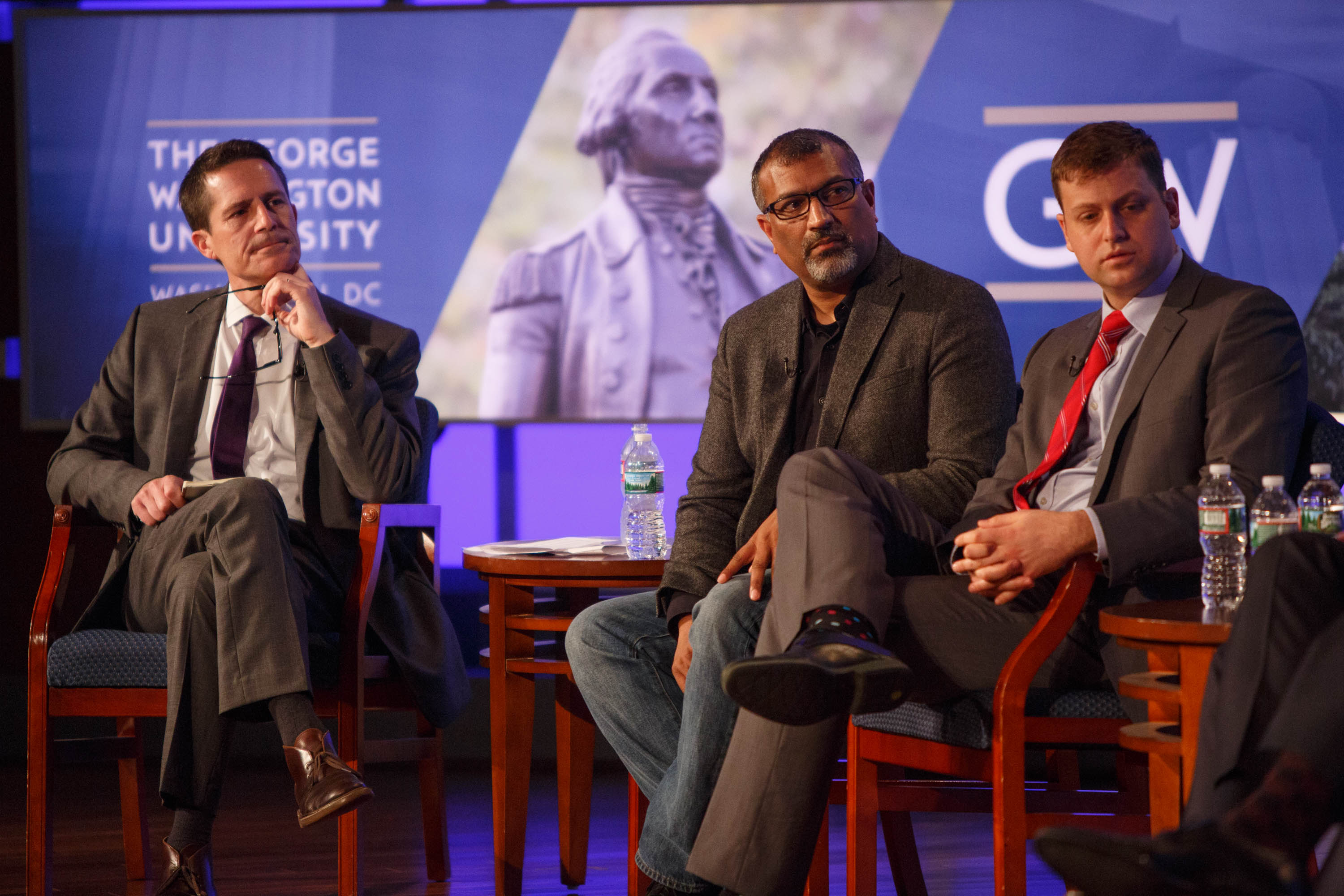By Kristen Mitchell
There is a considerable amount of ambiguity surrounding domestic terrorism, what it means and how it is charged, said Thomas Brzozowski, domestic terrorism counsel for the Justice Department's National Security Division.
While domestic terrorism is defined by federal statute, he said, it is not a chargeable offense.
Individuals charged in international terrorism cases frequently face charges for providing material support to a terrorist organization, but this is not possible for domestic groups. The State Department maintains a public list of international terrorist groups— but no similar list exists for domestic threats.
“Obviously the FBI is investigating certain groups at any given time, and they maintain an internal list which indicates which particular groups may be under investigation at any given time, but that fluctuates quite rapidly,” Mr. Brzozowski said.
Without documented domestic terrorist groups, there are no such groups to which people could be providing illegal material support. This means that individuals who commit violent incidents widely considered to be domestic terrorism often face federal hate crime or weapons-related charges.
Mr. Brzozowski spoke about the current state of domestic terrorism in the United States during a Program on Extremism event at the Elliott School of International Affairs Tuesday. While he did not reflect on recent acts of domestic extremism, like the shooting at a Pittsburgh synagogue where 11 Jewish people were killed, Mr. Brzozowski said the discussion is pertinent in this current moment.
Lorenzo Vidino, director of the Program on Extremism, said over the past several years the program and other experts have begun focusing more on domestic terrorism. Three years ago, when then-Assistant Attorney General John P. Carlin announced the creation of Mr. Brzozowski’s position, this was an understudied component of modern extremism.
“The topic could not be more relevant this year, given recent events we have seen throughout the country in the last few months,” Dr. Vidino said.
Mr. Brzozowski said there are common misconceptions about how the federal government handles domestic terrorism cases. In addition to there being no standalone federal charge for domestic terrorism, the designation of hate crimes and terrorism incidents are not mutually exclusive.
Dylann Roof, a white supremacist who killed nine African American people in a Charleston, S.C., church in 2015, was convicted on 33 federal counts of hate crimes, but he is also considered a domestic terrorist. The key is evaluating the underlying criminal activity and whether it was motivated by ideology, Mr. Brzozowski said.
Violent actors also don’t need to subscribe to a widely-held ideology. Individuals will often engage with the “very nasty ecosystem” of online hate and refashion ideas to develop their own idiosyncratic ideology. Group membership is not a prerequisite for domestic terrorism, Mr. Brzozowski said.
“They are no less a domestic terrorist, even though they don’t fit neatly in one of the assigned categories,” he said. “What you really need to focus on is the violence.”
Following his presentation, Mr. Brzozowski discussed his work with Eric Tucker, a reporter who covers the Justice Department for the Associated Press, and took questions from the audience.





